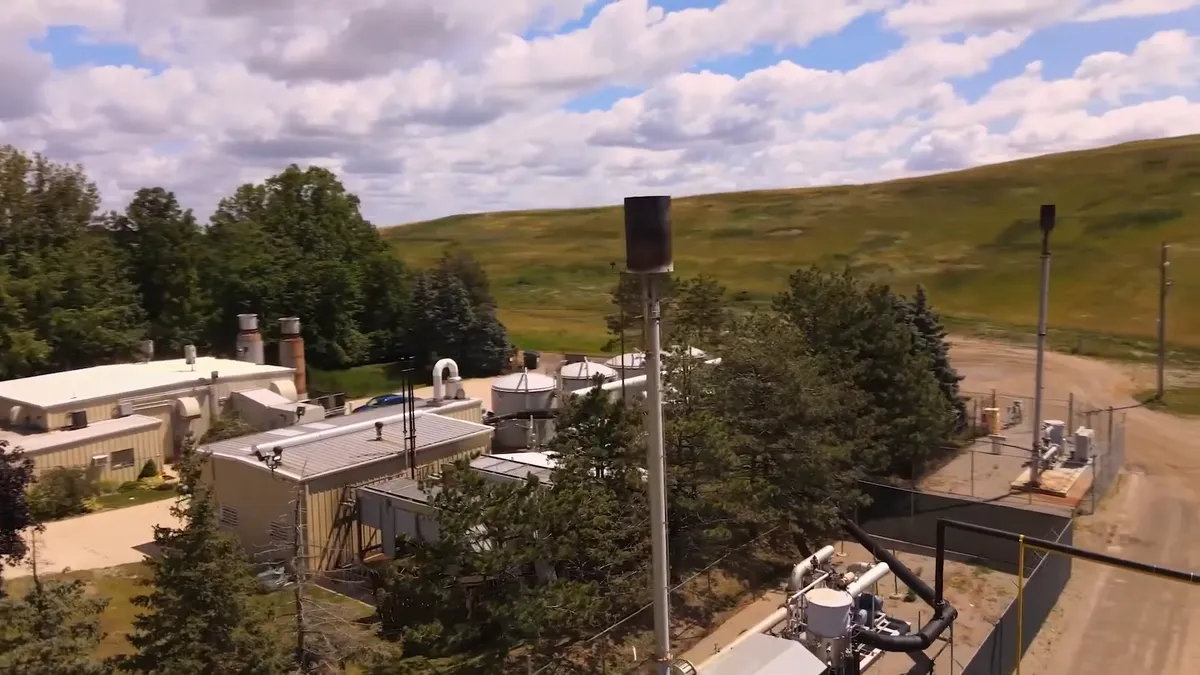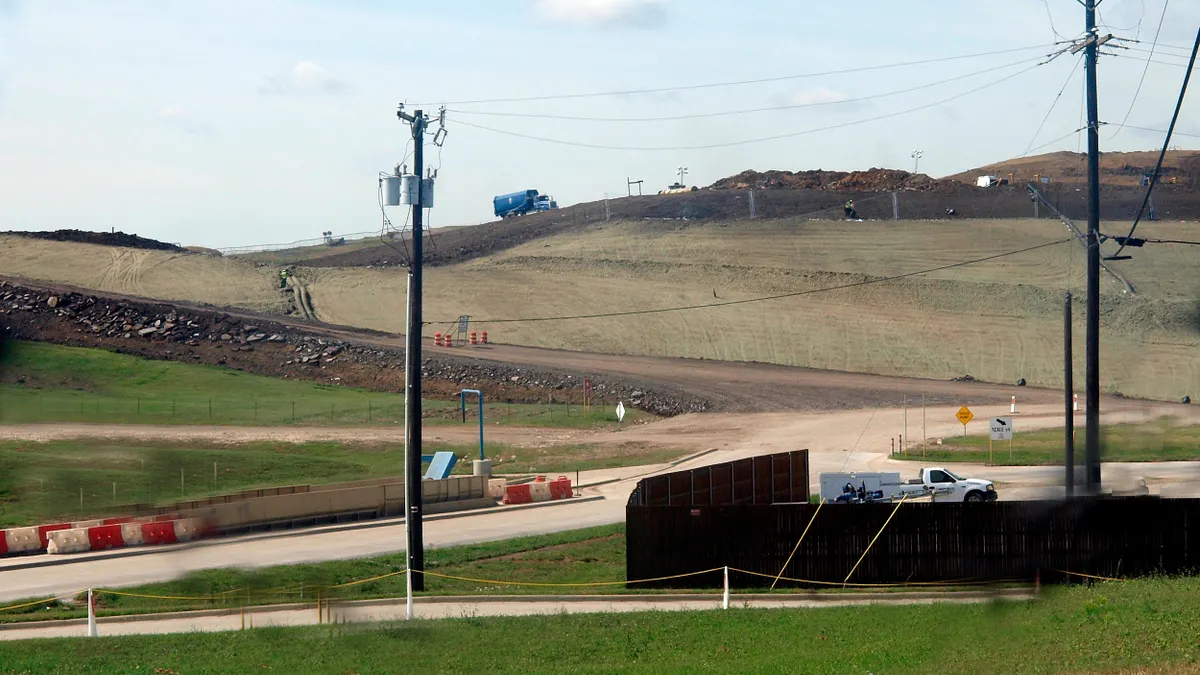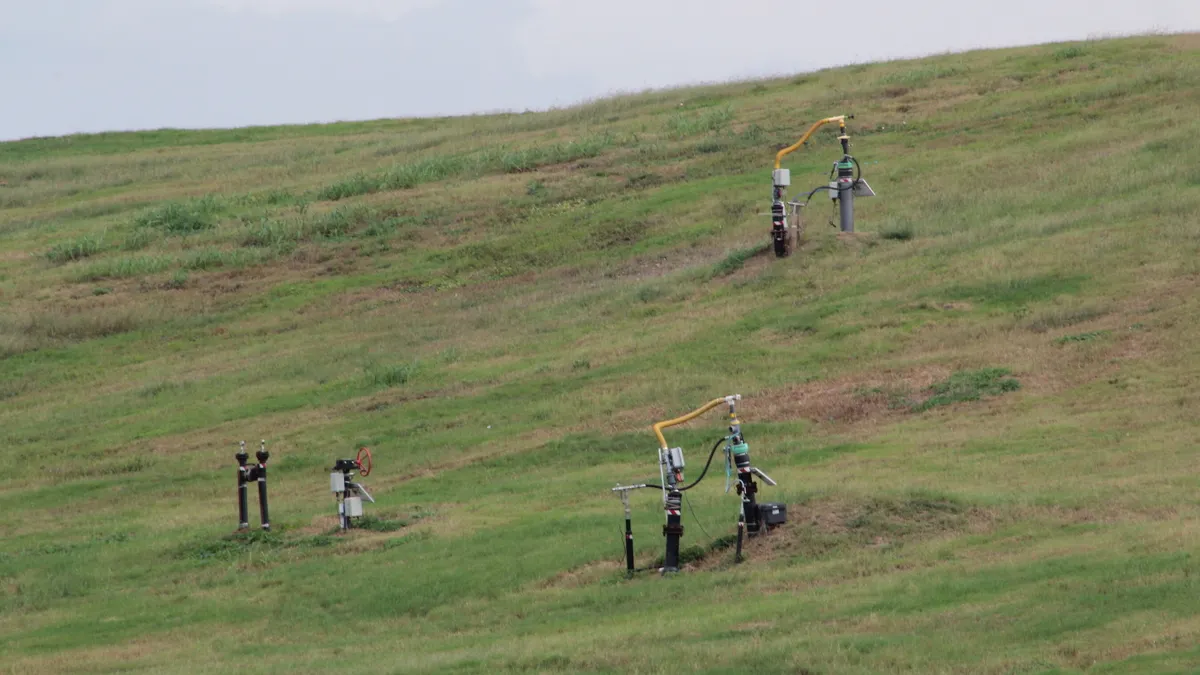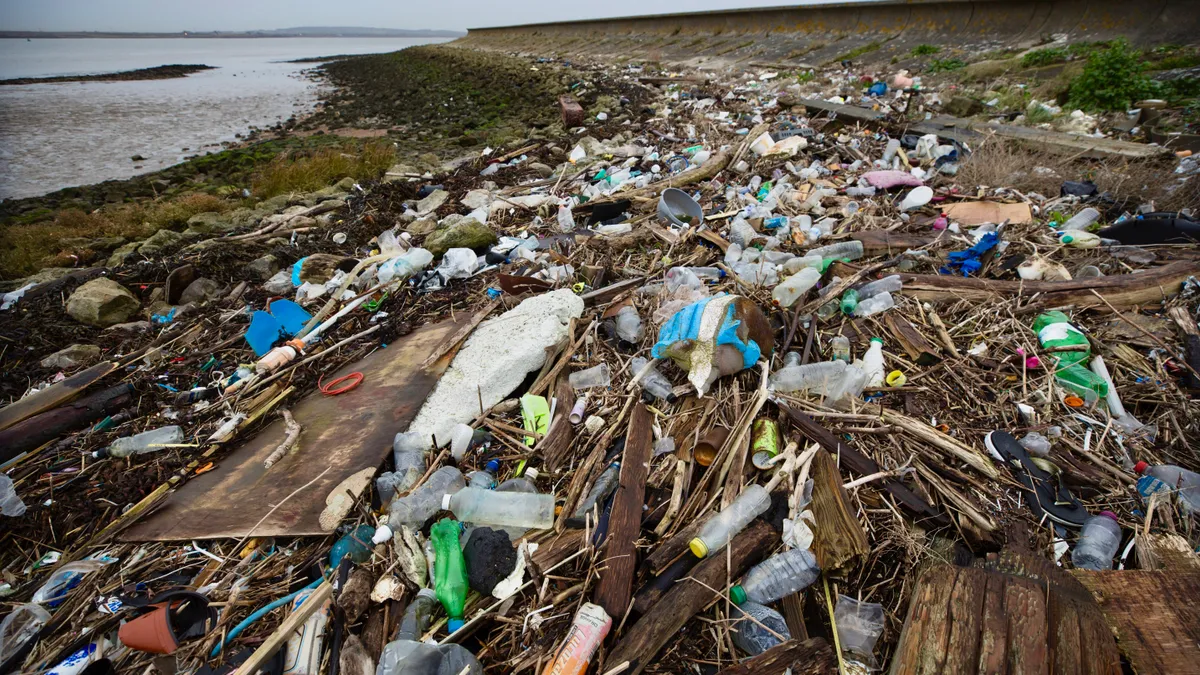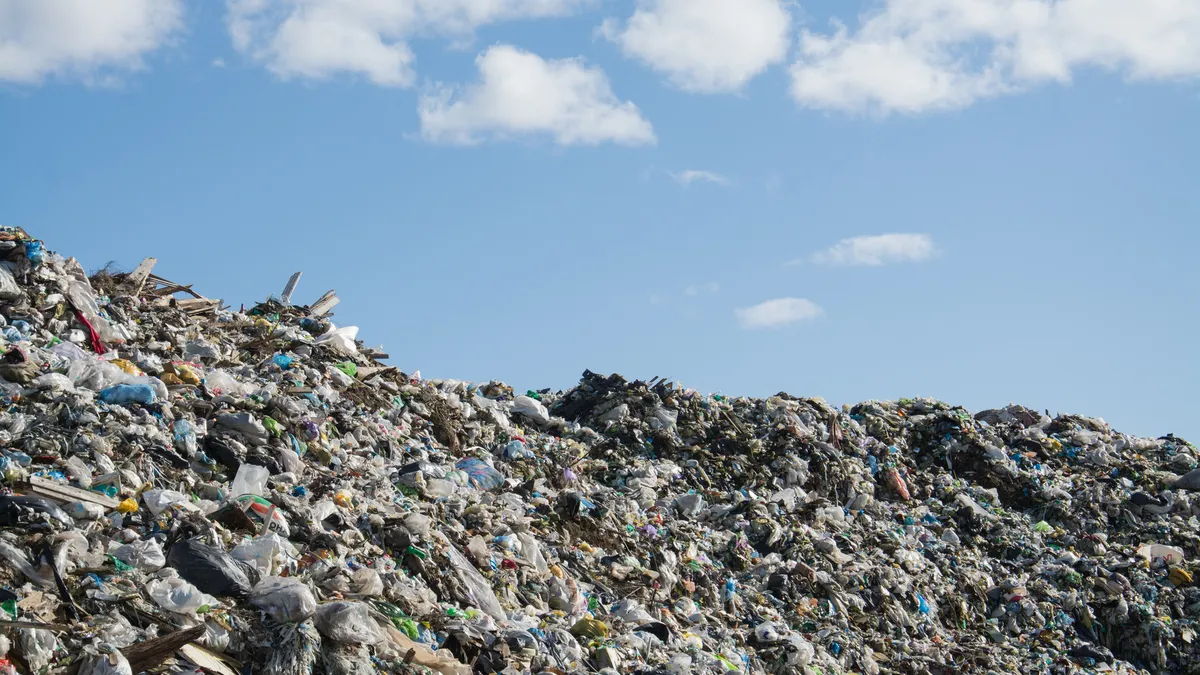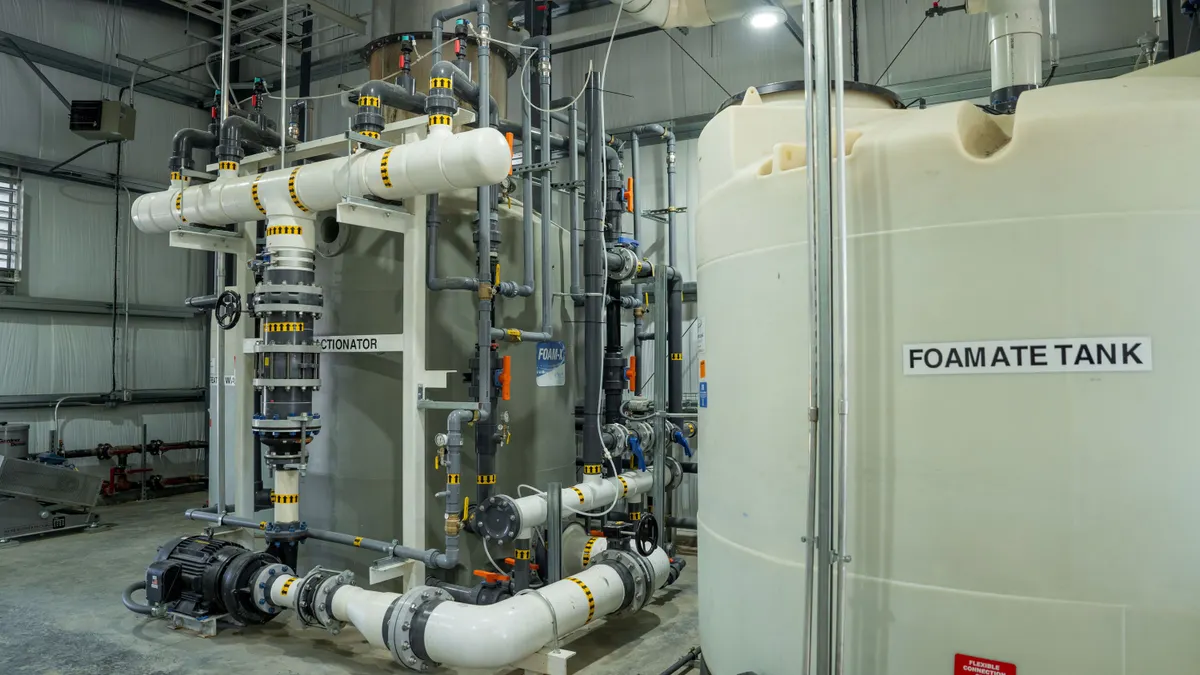March was a milestone month for the renewable natural gas sector, as New Mexico became the fourth state to enact a clean fuel standard. The bill signing on March 5 came after years of effort from Gov. Michelle Lujan Grisham and is the latest example of a growing trend of states being interested in supporting RNG projects.
A study examining Minnesota’s RNG development potential further underscored the importance of state-level incentive programs. Researchers at the University of Wisconsin-Madison found that RNG from a range of project types could replace about 7.5% of Minnesota’s natural gas use, but: “No projects are financially feasible without state or federal renewable fuel credit programs because direct sale of RNG alone does not cover project costs.”
The average profitability of different types of RNG projects is also influenced by incentives — manure anaerobic digester projects “have the lowest levelized cost of energy, the highest total revenue, and the shortest payback period” compared to landfills and wastewater treatment plants, because they’re rewarded more by renewable fuel credit programs, the researchers confirmed.
At least eight states have active clean fuel standard bills in their legislatures today, including Minnesota. But even more have RNG projects that are advancing, many of which are looking to take advantage of the credit systems already enacted today. A selection of those projects is highlighted below.
Michigan’s oldest landfill-gas-to-electricity facility reworked for RNG
A landfill owned by the town of Riverview, Michigan, that has been in operation since 1968 is now producing renewable natural gas, DTE Vantage and NextEra Energy Resources announced this month. The project modified an existing landfill-gas-to-electricity system that was installed at the landfill in the 1980s. It was the oldest such facility in the state, according to a study commissioned by the Michigan Department of Environment, Great Lakes, and Energy.
Riverview Energy Resources, the joint venture created by DTE and a subsidiary of NextEra, received permit approval from Michigan state regulators in 2022 to construct the facility. The developer was permitted to construct a 6,000-standard-cubic-feet-per-minute landfill gas treatment and conditioning plant. The RNG is injected into DTE Energy’s natural gas pipeline and sold to transportation fuel customers. The facility’s projected potential is 2.26 million mmBtus of RNG annually, according to the EGLE study.
The city had previously released an open invitation to bid for RNG developers in 2018 and spent several years working to identify its best option for a developer and operator to upgrade the facility, the News-Herald reported. The town will benefit from royalties generated from the RNG, per a release announcing the facility’s completion.
Florida’s second landfill-gas-to-RNG project breaks ground
Last week, Nopetro Renewables broke ground on its project to develop RNG from the Indian River County Landfill in Vero Beach, Florida. The $40 million project is expected to produce 3 million gallons of RNG annually, enough to satisfy about 80% of the demand in Indian River County, where the project is located. The landfill-gas-to-RNG project is the second in Florida and the first in South Florida, according to Nopetro.
“This facility is innovation at work, merging economic benefits and environmental benefits into one project,” County Commission Chair Susan Adams said in a statement.
Nopetro is a producer, distributor and operator of RNG and liquefied natural gas fuels. It operates 15 fueling facilities in Florida and partners with the Central Florida Transit Authority to fuel its entire system. Nopetro is partnering with Mead & Hunt, an energy project developer, on the project. The facility is expected to open in 2025.
Waga Energy completes its first U.S. RNG project in Steuben County, New York
French RNG developer Waga Energy announced it commenced operations at the Steuben County Landfill in Bath, New York, on March 15. It’s the first facility completed by Waga in the United States, and it is one of seven under contract by Waga in the country.
The Steuben County project is projected to deliver 207,000 mmBtus of RNG annually, according to a release from the company. The gas will be injected into the Corning Natural Gas network. Steuben County will benefit from the project under a 20-year revenue sharing agreement.
Waga now says it operates 20 projects worldwide and has an additional 14 projects in development. The Steuben County news follows an announcement from the company last month that Eiffel Investment Group had invested $60 million in Waga to support its North American expansion.
Archaea, Republic Services begin construction at Middle Point Landfill
Construction began at a $70 million RNG facility at the Middle Point Landfill in Murfreesboro, Tennessee, WGNS reported. The landfill is seeing major investment from landfill owner Republic Services and project partner Archaea Energy, which together form RNG joint venture Lightning Renewables. Archaea is owned by BP.
The project is expected to generate enough energy to power more than 80,000 homes and will connect to the Atmost Energy pipeline. It was first announced in 2022 and is projected to come online by the end of 2024.
In addition to the RNG facility, Republic has invested in an odor-monitoring program with 10 monitoring points. It has also invested more than $11 million in upgrading its gas collection and control system at Middle Point, adding 84 new gas wells and increase the amount of gas collected by 71%.



